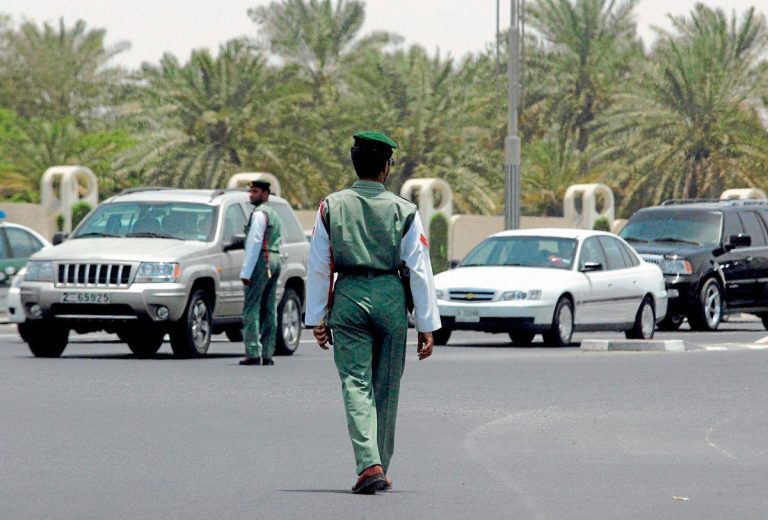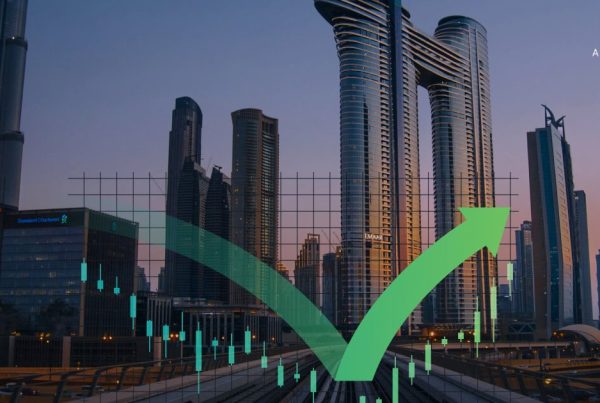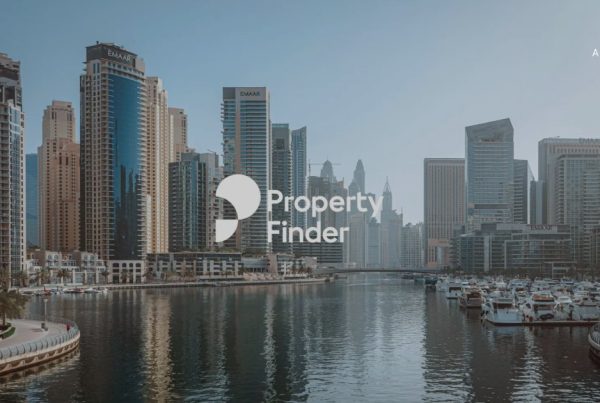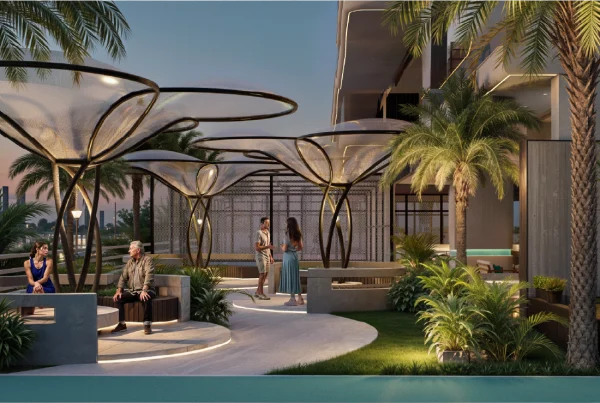Studio and One-Bedroom Rents Rising in Dubai as Authorities Crack Down on Partitioned Units
Dubai’s rental market is seeing a noticeable shift as studio and one-bedroom apartment rents rise across several key districts. This trend comes in the wake of a government crackdown on illegally partitioned apartments and villas, a move that has significantly altered supply and demand dynamics in the city’s residential sector.
Until recently, many tenants—especially low-income workers and new arrivals—resided in overcrowded, subdivided units where individual rooms or shared spaces were rented out in violation of housing regulations. In response, the Dubai Municipality has intensified efforts to enforce existing tenancy laws and eliminate unapproved modifications of residential properties.
The result: landlords and property managers are now adhering more strictly to approved occupancy limits and are increasingly selective with tenants. Single professionals and corporate clients are now preferred, and entire units are being rented to families or individuals, reducing the practice of subleasing to multiple occupants.

Rising Demand for Studio and 1-Bedroom Units
With partitioned units off the market and overcrowding under scrutiny, demand has shifted to legally compliant, smaller-format housing—namely studio and one-bedroom apartments. According to real estate consultants, this increase in demand has pushed rental prices up moderately but consistently in key areas such as Jumeirah Village Circle (JVC), Dubai Silicon Oasis, and Arjan.
“Rental prices have seen a slight increase, particularly for studios and one-bedroom apartments, as demand for these units has risen. Overall, the Dubai Municipality’s action has brought more transparency to the market,” said Swapna Tekchandani, consultant at Property Zone Real Estate.
In some districts, average rents for studio units have increased by 5–8% over the past quarter. One-bedroom apartments in mid-market communities now fetch higher occupancy rates, with landlords reporting faster leasing turnaround times due to heightened demand from single professionals and young couples seeking legally sound housing options.
Impact on Tenants and Market Regulation
While the crackdown has forced many to vacate non-compliant housing, the long-term impact is being viewed positively. Residents now benefit from improved safety, building maintenance, and legal clarity. The government’s effort has also curbed exploitative subletting practices and provided greater tenant rights through regulated leasing terms.
For landlords and investors, the move has created a more stable and professionally managed rental landscape. With increased tenant screening and adherence to formal lease contracts, landlords are reducing legal risk and enhancing the long-term rental value of their properties.
Developer Perspective: More Demand, Better Quality
Developers such as Samana Developers, Danube Properties, and Deyaar are seeing a renewed focus on designing and delivering compact, quality residential units that align with Dubai’s updated regulatory framework. Projects offering studio and one-bedroom layouts in fully integrated communities are now attracting both end-users and investors looking for sustainable rental income.
The preference for legal, family-oriented housing also supports the city’s broader urban planning goals under the Dubai 2040 Master Plan, which envisions inclusive, high-quality, and affordable living across diversified zones of the emirate.
Future Outlook for Dubai’s Rental Sector
As Dubai continues to professionalize its housing market, analysts expect further rental normalization across segments. However, areas with high concentrations of compact units are likely to remain in demand, particularly as population growth and visa reforms draw more young professionals to the city.
With stricter enforcement now in place, landlords and tenants alike are advised to adhere to legal leasing frameworks, register contracts through Ejari, and avoid unauthorized occupancy or subletting. The recent changes mark a turning point in Dubai’s rental ecosystem—moving toward greater transparency, tenant protection, and long-term stability.
Whether you’re a first-time renter or a seasoned investor, the current market presents opportunities to capitalize on Dubai’s resilient property fundamentals while supporting a more structured and ethical housing environment for all.










